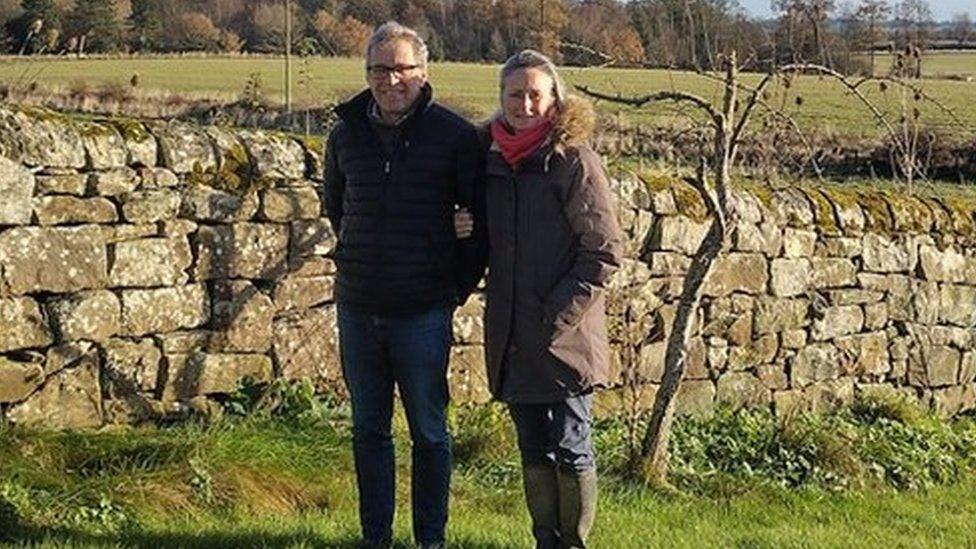Lord's ancestral estate sold to Wildlife Trusts
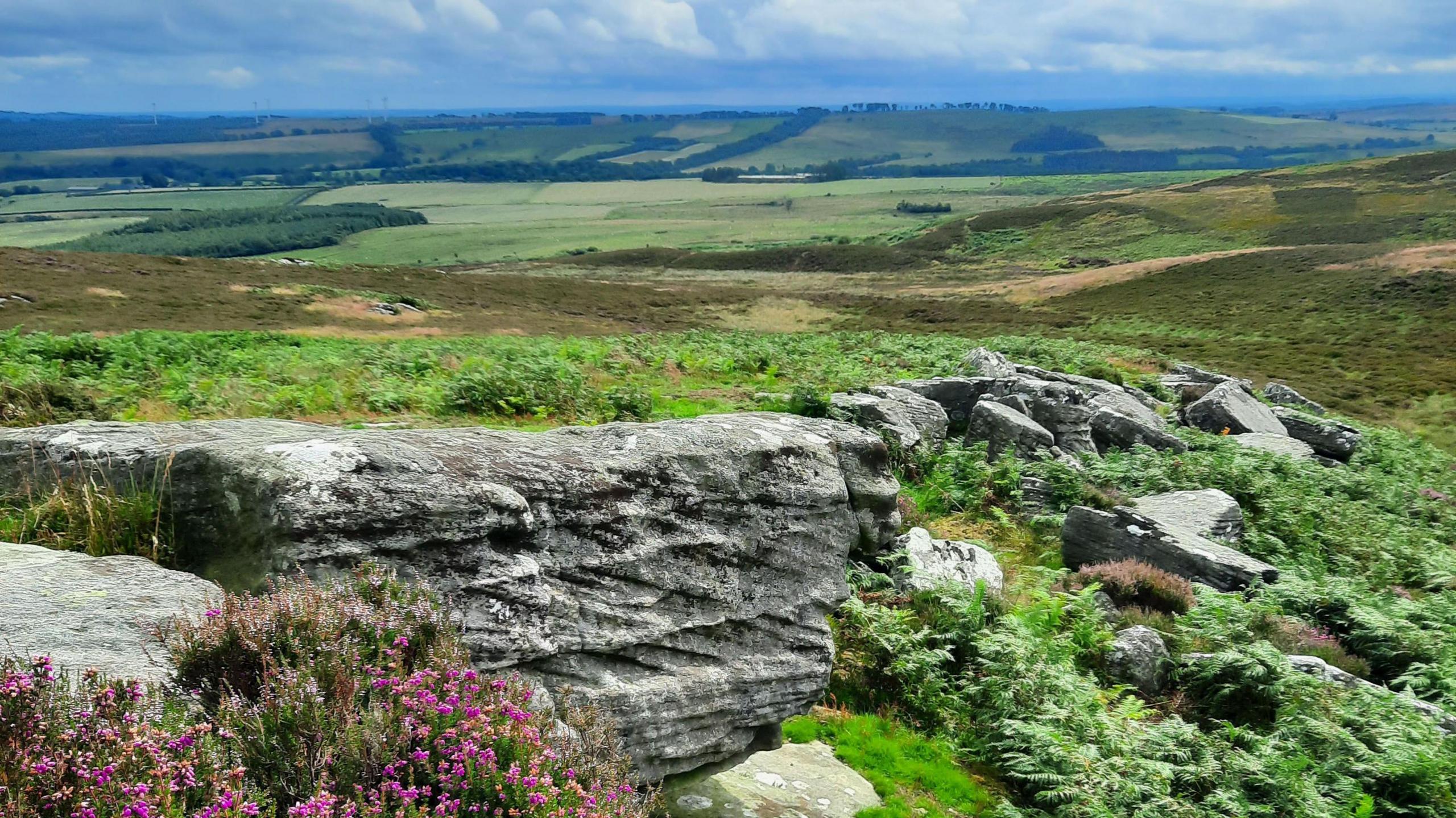
The estate was marketed as including 12 farms, 23 residential properties, a caravan park, and a pub
- Published
Nearly 9,500 acres of a rural ancestral estate are being sold to a group of wildlife charities.
The Rothbury Estate in Northumberland was owned by the Duke of Northumberland's youngest son, Lord Max Percy, and had been in the family for about 700 years.
The Wildlife Trusts and the Northumberland Wildlife Trust (NWT) have purchased part of the estate and begun a £30m appeal to buy the rest.
NWT chief executive Mike Pratt said: "We’re very excited to be part of a once in a generation opportunity for securing a stunning area of countryside where people and nature can thrive side by side."
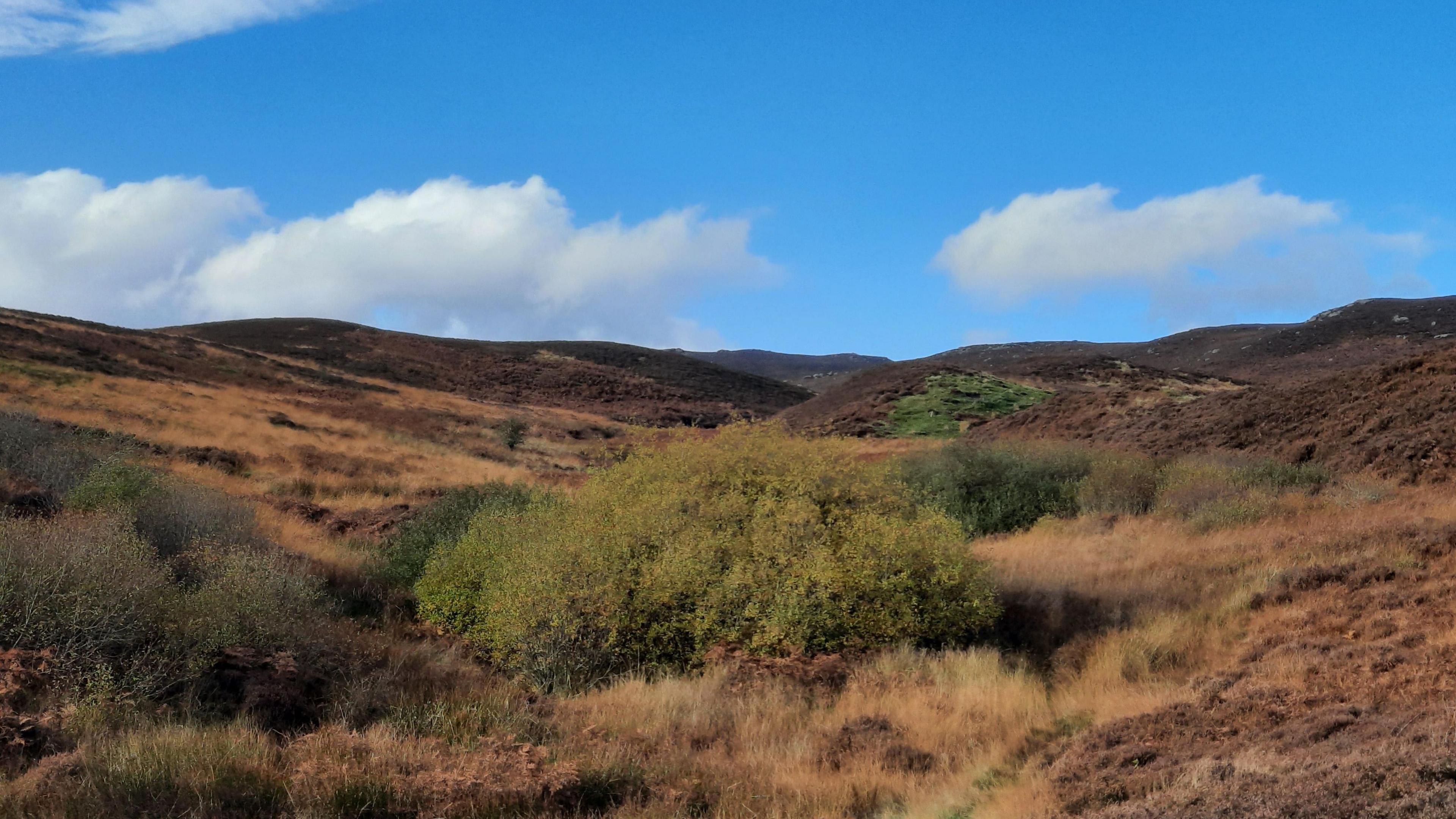
The estate was the largest block of land to come on the market in England in the last 30 years
Estate agent Knight Frank had described the land as "the largest block of land to come on the market in England in the last 30 years".
It included 12 farms, more than 1,800 acres of woodland, fishing and shooting opportunities, 23 residential properties, a caravan park, and a pub.
The current purchase includes the Simonside Hills and a mixture of lowland, woods, riverside and farmland on the western side of the Estate.
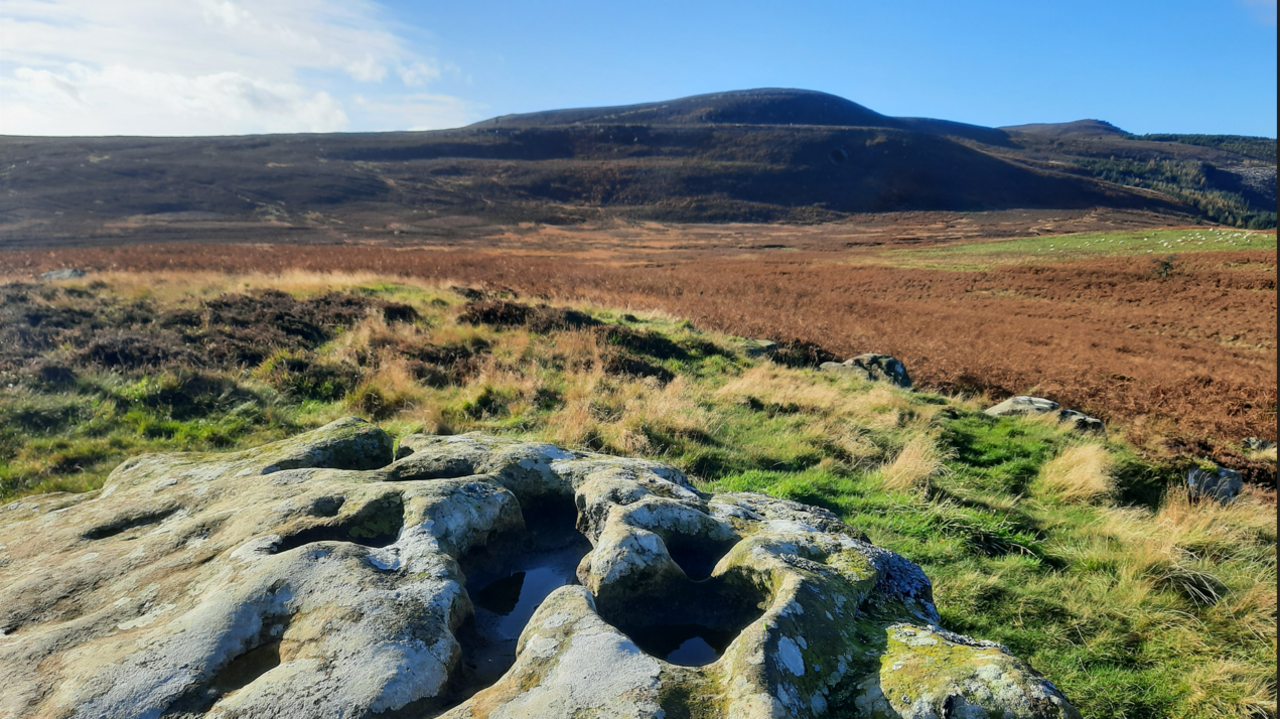
The land includes the Simonside Hills in Northumberland
Mr Pratt said the charities would be "talking and listening to people who live and work in the area".
"We want to evolve a long-term plan for the estate that respects its traditions and the livelihoods that depend on it," he said.
"We will preserve and enhance public access and recreational opportunities to allow people to enjoy this wonderful place."
Craig Bennett, chief executive of The Wildlife Trusts, described the purchase as a "historic moment".
"This is Wildlife Trusts working collectively and coming together from across the UK to create a national flagship for nature recovery for the very first time," he said.
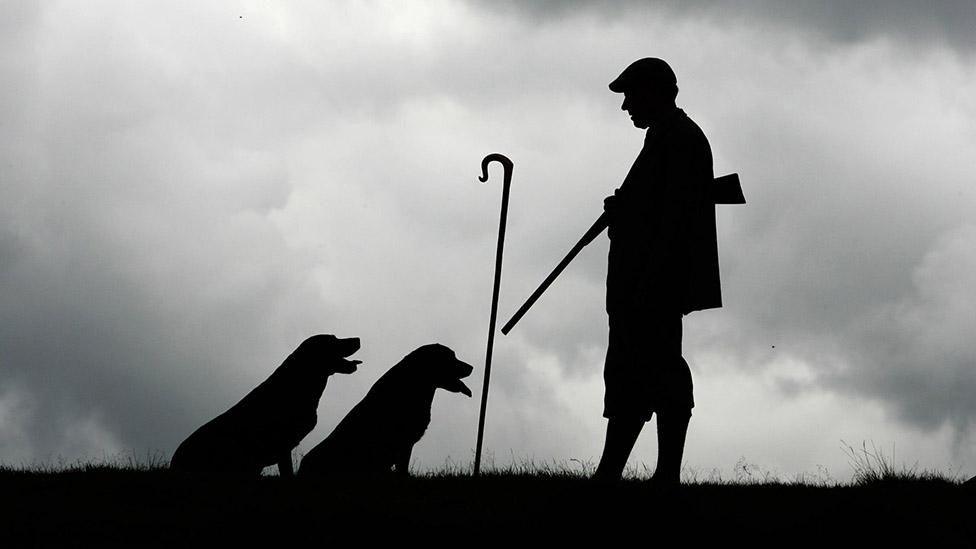
The estate includes a grouse moor and has been used for pheasant and partridge shooting
But Rothbury independent councillor Steven Bridgett said he would be keeping a "watchful eye" on the project.
"Whether this benefits the local community, those that have farmed the land for generations and have put food on our tables, remains to be seen," he said.
"The environment is important but just as important is food security and we can't eat bark."
Follow BBC North East on X, external, Facebook, external, Nextdoor, external and Instagram, external. Send your story ideas to northeastandcumbria@bbc.co.uk.
Related topics
More stories from BBC North East and Cumbria
- Published7 July 2023
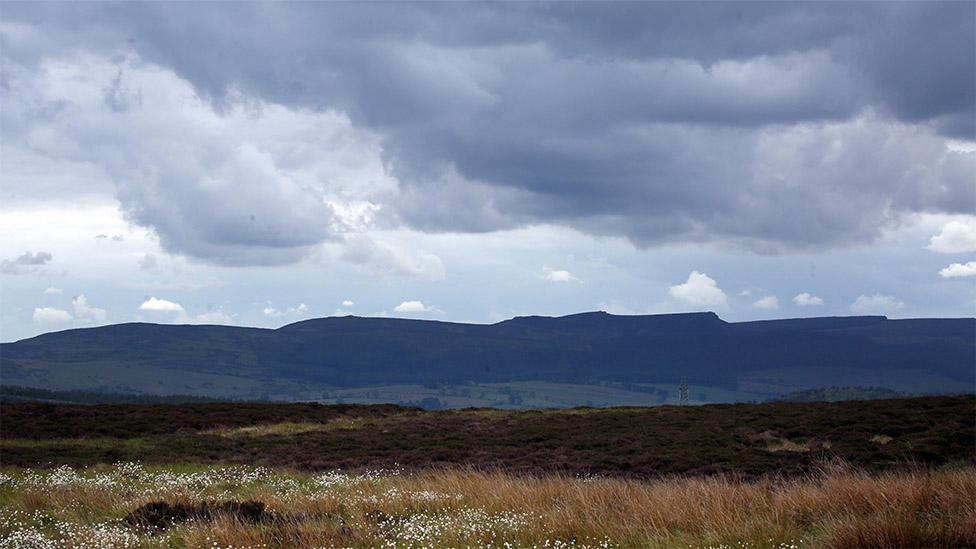
- Published18 October 2023
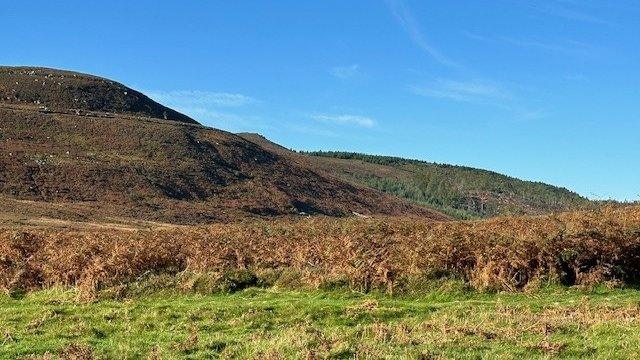
- Published3 January 2024
